How AstraZeneca’s China fraud was about more than greed
AstraZeneca, a London-based drugmaker which entered China in 1993, has been ensnared in several scandals in recent years. A three-year crackdown on alleged medical insurance fraud has led to an investigation into Leon Wang, the company’s president for the country.
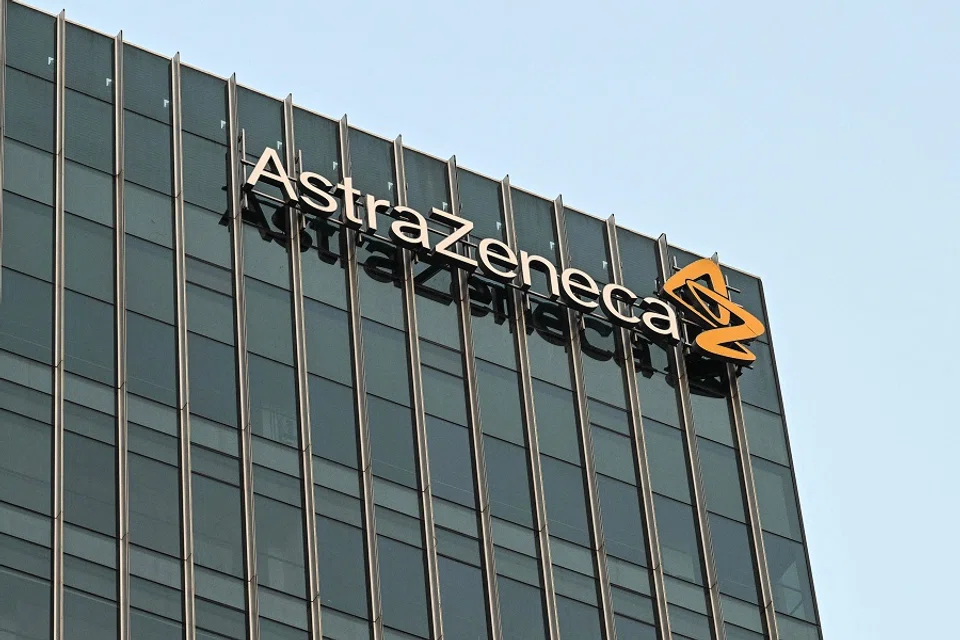
(By Caixin journalists Huang Yanhao and Han Wei)
AstraZeneca Plc is facing a setback in China as a three-year crackdown on alleged medical insurance fraud intensifies, culminating in an investigation into Leon Wang, the company’s president for the country.
On 30 October, AstraZeneca confirmed that Wang was “cooperating with an ongoing investigation”. While the company did not give details, it said it would “fully cooperate” with the authorities.
Just days before, media reports emerged that Eva Yin, a former general manager of AstraZeneca’s oncology unit in China and current chief commercial officer of BeiGene Greater China, had been held by Chinese regulatory authorities.
Industry insiders said the probe into Yin, who worked at AstraZeneca from 2006 to 2021 under Wang, may be related to the latter’s insurance fraud cases.
The London-based drugmaker, which entered China in 1993 and currently employs about 20,000 people in the country, has been ensnared in several scandals in recent years. Dozens of its current and former executives, regional sales heads and pharmaceutical representatives have been investigated, with court files showing that millions of RMB could be involved in the fraud case.
At the centre of the investigations is AstraZeneca’s Tagrisso, a drug for treating lung cancer considered a lifesaver by many patients. The drug has been covered by China’s state-backed medical insurance since 2018, although only for a small group of eligible patients before 2021 when coverage was expanded.
Compelled by patients’ need and pressure from the company to boost sales, some of AstraZeneca’s salespeople and lab company employees falsified genetic test results for patients who otherwise would not have qualified for the drug under insurance, according to court files.
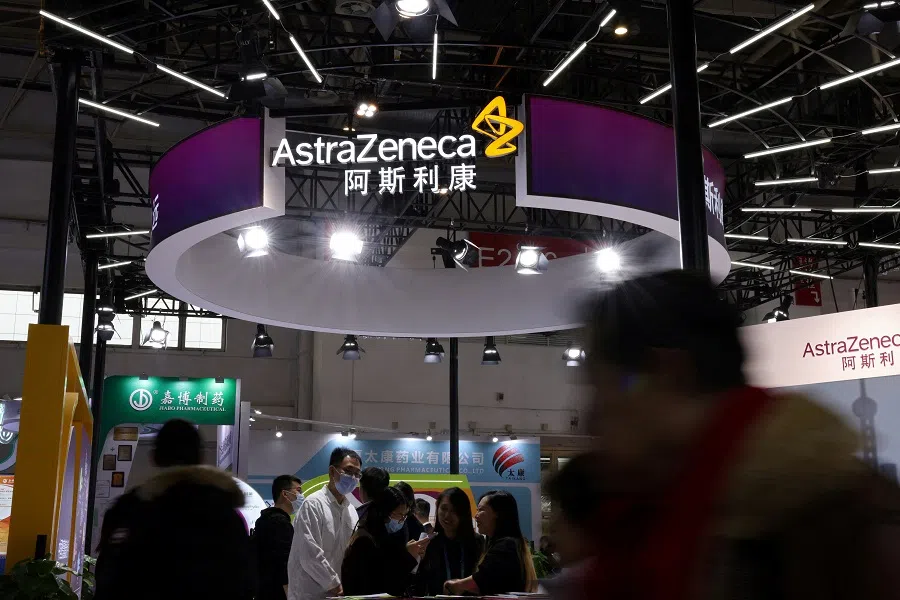
From public information, Caixin has discovered that investigations into insurance fraud cases related to Tagrisso have since 2021 been carried out in eight provinces and municipalities, including Guangdong, Fujian, Sichuan, Chongqing, and Shanghai. In Shenzhen and Fujian alone, more than 50 AstraZeneca regional managers and sales representatives have been implicated. Some suspects, including Zuo Yingquan, AstraZeneca’s Southern China sales director for oncology drugs, and Chen Bin, the Eastern China sales director, have already been convicted or sued.
The recent investigation into Wang is a significant escalation in the years-long scandal. A native of Wuxi in Jiangsu province, Wang joined AstraZeneca in March 2013 and was made president of AstraZeneca China the following year. In 2017, he was promoted to executive vice-president international, overseeing strategic and business development in the Asia-Pacific region. Wang is one of only a handful of Chinese nationals to achieve a top global management position in a multinational pharmaceutical company.
AstraZeneca has been increasing its investment in China while the fraud investigations have been going on, committing a combined US$1.2 billion in 2022 and 2023 for projects in Qingdao and Wuxi. But the ongoing inquiries have damaged its reputation in China and created internal unrest.
In 2023, the Chinese market generated US$5.9 billion in revenue for AstraZeneca, accounting for 13% of its total, making it the company’s second largest market overall.
In a September interview, Pascal Soriot, AstraZeneca’s global CEO, emphasised that the company was cooperating closely with the Chinese government. “It’s a good thing, because we need to make sure we can operate in a very compliant environment,” he said.
Storm brewing
The first domino to fall in AstraZeneca’s troubles happened in July 2021 when the Healthcare Security Bureau of Shenzhen launched an investigation into the company based on reports of suspected insurance fraud involving its staff. Several sales representatives were detained in September.
Three months later, AstraZeneca was summoned by Chinese regulators regarding the suspected fraud and promised to implement corrective measures. At the same time, the company underwent significant internal changes in its oncology division, with several senior managers resigning or being reassigned, including Eva Yin, who joined BeiGene in January 2022. Yin, who was the head of AstraZeneca’s oncology business in China, reported directly to Leon Wang.
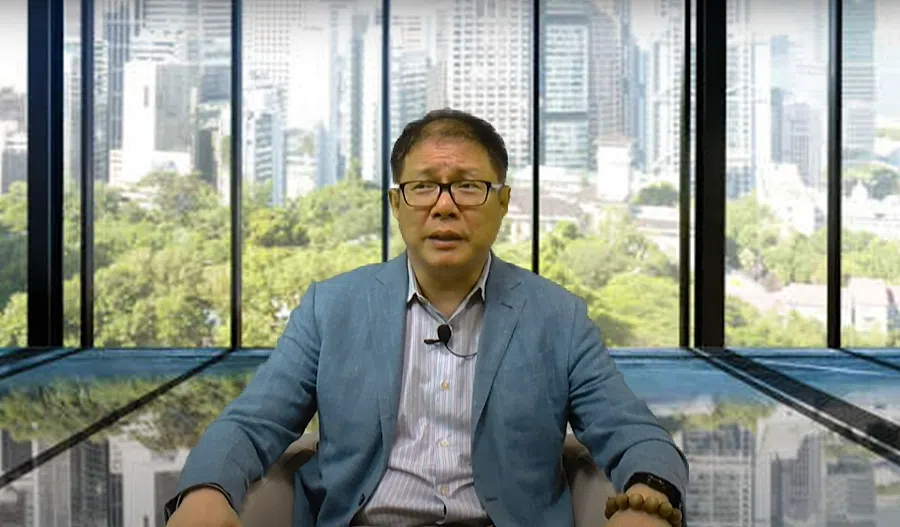
In January 2022, Zuo Yingquan, who oversaw sales of oncology drugs including Tagrisso in five southern provinces, was detained by Shenzhen police.
On 29 January, AstraZeneca’s China unit revealed that an internal compliance review in August 2021 uncovered fraudulent activities by some employees in Shenzhen, including altering patient test reports to claim medical insurance. The company said it reported these findings to local authorities.
The storm continued to grow, however. In June 2022, more than ten AstraZeneca sales reps in Fujian were arrested. A year later, Chen Bin was implicated in the case along with several subordinates.
In August 2023, a district court in Shenzhen sentenced Zuo to 11 and a half years in prison, along with 13 members of his sales team, who received sentences of up to four years and ten months. Chen is awaiting trial in Fujian.
With an initial price tag of 51,000 RMB (US$7,159) per box, a month’s supply, the annual cost per patient exceeded 600,000 RMB, a hefty amount for patients to pay. With insurance cover, however, the price fell by 70% to 15,300 RMB per box.
The court said it determined that the individuals collaborated at various levels to defraud the medical insurance fund by fabricating facts, concealing the truth and using falsified reports.
In June this year, Kang Yuling and Diao Liuyin, two of Chen’s subordinates responsible for Tagrisso sales in Fujian, were also sentenced.
One subordinate, Diao Liuyin, in charge of Tagrisso sales in Fuzhou, was arrested in October 2022 and sentenced to 11 and a half years in prison this June.
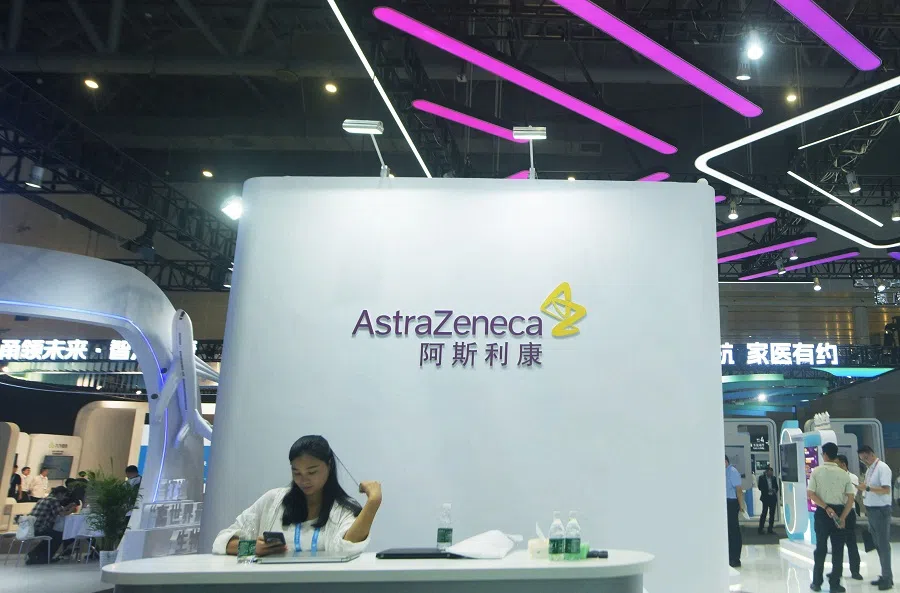
The investigations continued to expand this year. In late July, Shanghai-listed biotech firm Rightongene Biotechnology Co. Ltd. disclosed that four of its shareholders and senior executives had been arrested.
Rightongene has collaborated closely with AstraZeneca China on EGFR-T790M liquid biopsy services, according to the company’s 2023 financial report. This project is at the center of the fraud allegations brought against AstraZeneca.
... since 2019, some AstraZeneca sales representatives had collaborated with genetic testing firms to alter patients’ test results so they would qualify for insurance coverage for Tagrisso, thus boosting sales.
Fabricating test results
The fraud allegations center around genetic tests for patients using AstraZeneca’s Tagrisso.
Entering the Chinese market in 2017, Tagrisso was initially approved as a second-line therapy, meaning only patients who had received first-line treatment and showed drug resistance were eligible to be prescribed the drug. After the medication was included in China’s basic medical insurance catalogue in 2018, it could be bought at a much lower price, although patients needed to show a genetic test result to receive reimbursement.
With an initial price tag of 51,000 RMB (US$7,159) per box, a month’s supply, the annual cost per patient exceeded 600,000 RMB, a hefty amount for patients to pay. With insurance cover, however, the price fell by 70% to 15,300 RMB per box.
Several court rulings revealed that, since 2019, some AstraZeneca sales representatives had collaborated with genetic testing firms to alter patients’ test results so they would qualify for insurance coverage for Tagrisso, thus boosting sales. This practice was approved or even encouraged by certain company managers.
According to court documents, at an August 2019 meeting chaired by Chen and attended by 12 others, two sales reps shared their experiences on how partnering with Genowise Corp., a Suzhou-based testing company, could secure positive T790M test results that meant patients would qualify for Tagrisso under the insurance cover.
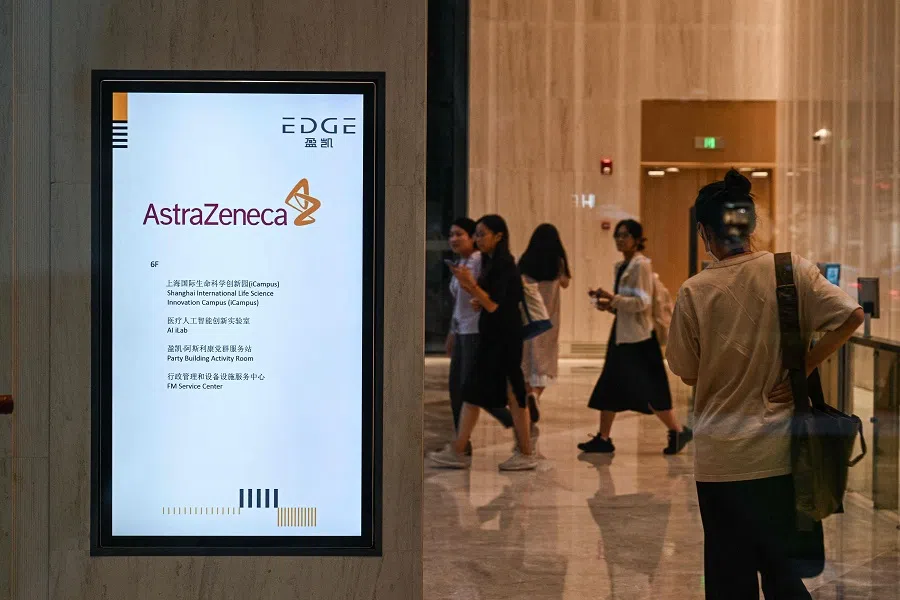
Chen, then AstraZeneca’s sales director for oncology drugs in the east China region, “acknowledged this at the meeting and urged everyone to continue following the approach by seeking more T790M-negative patients,” prosecutors said. “He suggested sending samples to partnered genetic testing institutions to convert them into T790M-positive results, thus enabling reimbursement for Tagrisso and increasing its sales.”
In other cases, sales representatives simply modified the test reports themselves.
According to the verdict involving Zuo and his team, multiple sales reps and regional managers admitted altering patient test reports. Names were replaced on positive test reports and a template used to create fake reports. A Shenzhen sales representative described converting reports to editable formats and changing patient names.
Tagrisso was eventually approved as a first-line treatment for non-small cell lung cancers and was included in national insurance coverage in April 2021, making this type of fraud a thing of the past. However, those involved are now facing the consequences.
In June 2023, Chen was held by police from Fuzhou during a vacation in Yunnan. He was indicted in November that year for medical insurance fraud amounting to 6.6 million RMB.
The genuine need of patients for the medicine also encouraged some sales representatives to commit fraud.
Debates on motivation
The motivation behind AstraZeneca sales team altering patient test reports has been questioned. While it might seem to be driven by financial incentives, the families and lawyers of those involved dispute this.
AstraZeneca’s complex bonus system involves meeting various metrics, with sales not directly linked to income. A friend of Diao Liuyin, who was in charge of Tagrisso sales in Fuzhou, said his primary income came from his base salary, with bonuses playing a minor role.
“He didn’t personally benefit from this money, and it had little impact on his bonuses. What would be the point of him doing this?” they said.
Diao was arrested in October 2022 and sentenced to 11 and a half years this June. His wife told Caixin that they are appealing.
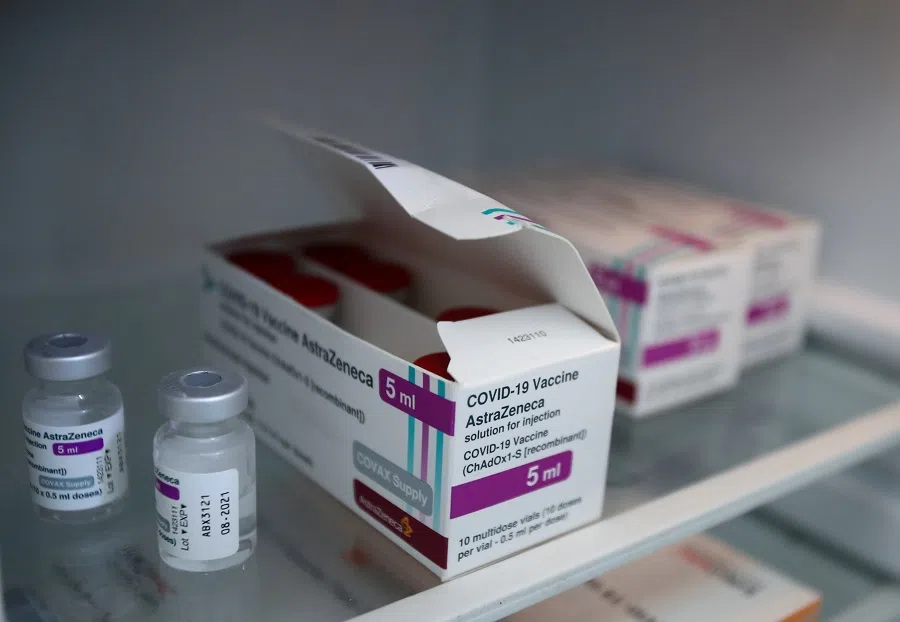
Chen’s legal team argued that minor sales incentives would not justify criminal behaviour given his substantial annual salary. The 6.6 million RMB involved in Chen’s case was a small portion of Tagrisso’s total sales in Fujian, which reached 240 million RMB in 2019 and 2020, according to his lawyer. Chen, who earned more than 1 million RMB a year, noted that 75% of his income came from a fixed salary, while performance bonuses made up 25%, influenced 45% by performance and 15% by compliance.
Judicial documents reveal that intense performance pressure was a key factor driving sales teams at AstraZeneca China to commit fraud.
Testimonies from sales representatives claimed this pressure translated into specific sales targets, pushing some to alter patient test reports. One sales rep said their team’s monthly target was 350 boxes, which led to reports being altered.
Tagrisso’s inclusion in the medical insurance directory in 2018 fuelled rapid sales growth, with revenue rising from about 600 million RMB in 2017 to 6.05 billion RMB in 2020, according to the consulting firm Frost & Sullivan.
The genuine need of patients for the medicine also encouraged some sales representatives to commit fraud. While drugs often have off-label benefits, the approval process for insurance-cover can be slow. According to court documents, many patients developed resistance to first- and second-generation cancer drugs and sought Tagrisso as a final option. Without insurance coverage, however, they faced prohibitive costs.
At least three sales representatives admitted to modifying patient reports at the patients’ requests, according to court documents. One told how they helped change a report at a print shop after the patient insisted they could not do it themselves. Most patients have since died from cancer.
Diao’s family in an open letter argued that AstraZeneca should share responsibility. The letter claimed the company and patients benefited most from the fraud, while employees faced the full legal consequences and had to repay insurance losses, under pressure from company policies that encouraged unethical practices.
Kelly Wang contributed to the story.
This article was first published by Caixin Global as “Cover Story: How AstraZeneca’s China Fraud Was About More Than Greed”. Caixin Global is one of the most respected sources for macroeconomic, financial and business news and information about China.

![[Big read] Paying for pleasure: Chinese women indulge in handsome male hosts](https://cassette.sphdigital.com.sg/image/thinkchina/c2cf352c4d2ed7e9531e3525a2bd965a52dc4e85ccc026bc16515baab02389ab)
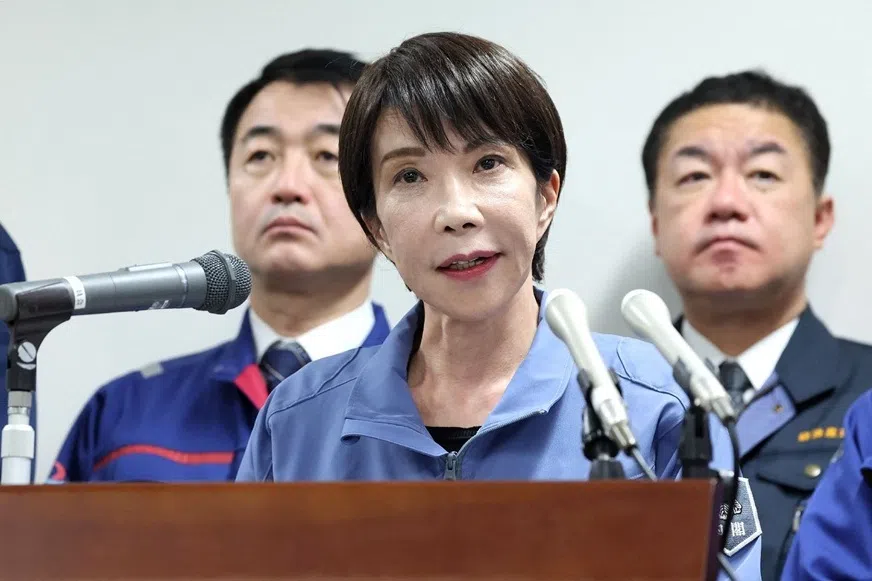
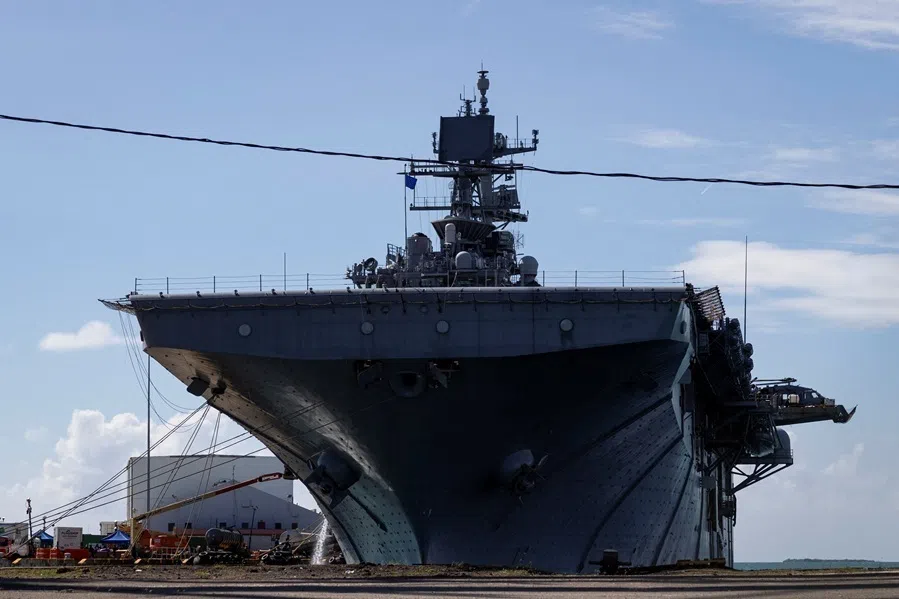
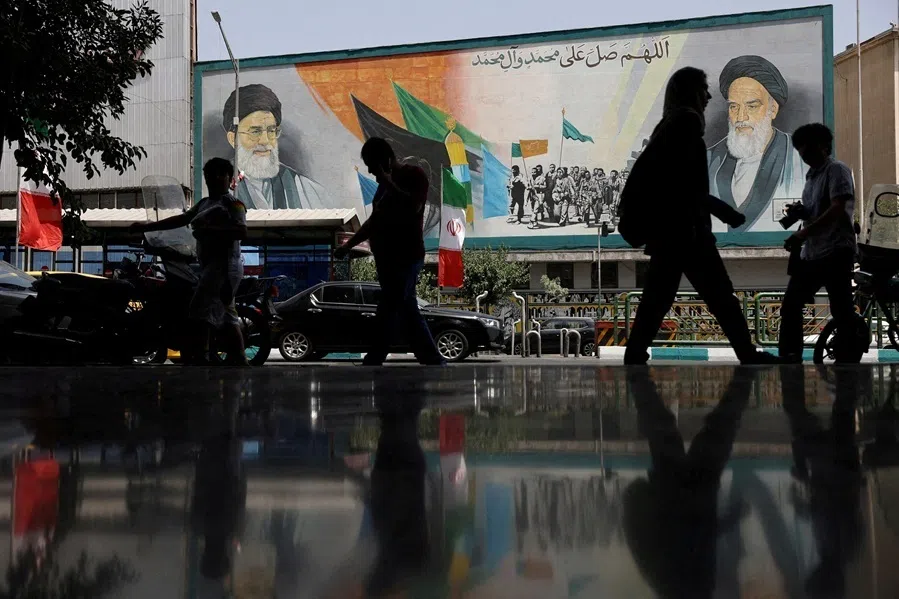
![[Big read] How UOB’s Wee Ee Cheong masters the long game](https://cassette.sphdigital.com.sg/image/thinkchina/1da0b19a41e4358790304b9f3e83f9596de84096a490ca05b36f58134ae9e8f1)